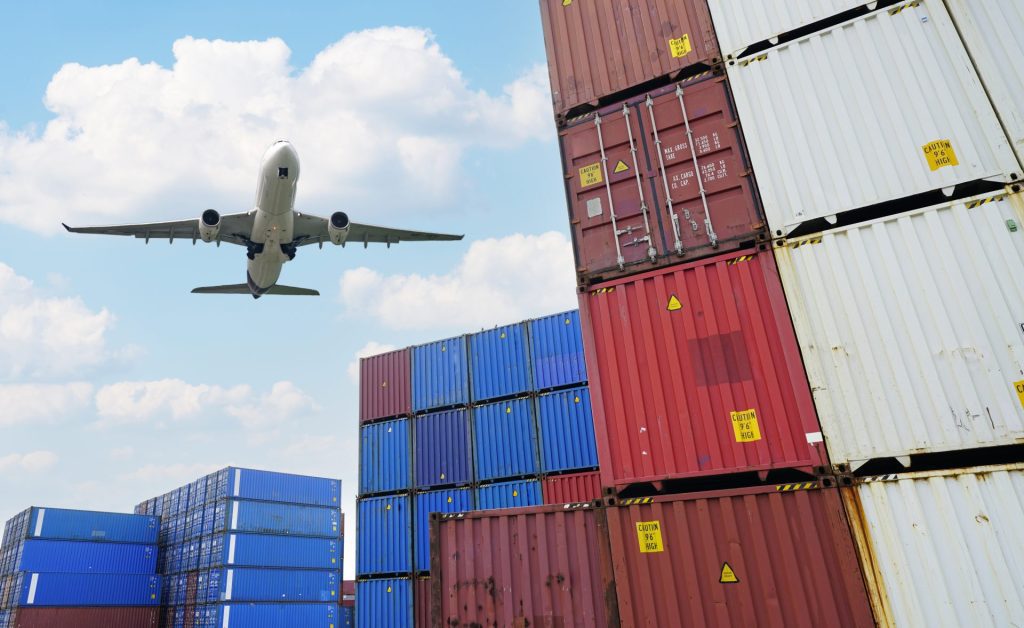Since the Fall of 2023, the Canadian Food Inspection Agency (CFIA) has been using the Integrated Import Declaration (IID) to automatically verify that some Canadian food importers are compliant with SFCR requirements for imports. Since February of 2024, this food import license verification applies to the processed foods category. Other PCP documents are needed to legally import food to Canada.
Importers must hold a valid Safe Food for Canadians (SFC) licence and declare it in their import declaration. The CFIA has communicated that failure to do so will likely result in a rejected transaction. If the transaction is rejected, the system will inform the broker or importer of the reason for the import rejection. The shipment will be denied entry into Canada until the importer corrects the non-compliances. After doing so, the import declaration may be resubmitted to the border control authorities.
In addition to possessing a valid SFC license, Canadian and non-resident food importers must maintain Preventive Control Plans (PCP Plans) for all imported products as well as specific PCP documents. A written PCP plan outlines what food safety controls are in place to ensure the safety of the imported product. Food safety controls must be in line with HACCP (Codex General Principles for Food Hygiene). The PCP plan must also address product identification and labeling requirements.
As import requirements become more strict, the CFIA performs risk-based inspections to ensure PCP plans are written and fully implemented. Importers must be ready to provide adequate PCP documents during a CFIA inspection.
What PCP documents are required to ensure a successful CFIA inspection? Follow our guide to ensure you are fully prepared for your CFIA review.
Import Controls (Sub-Element 1.3)
- Importers must submit a written Preventive Control Plan (PCP) to meet SFC import controls.
Under this PCP plan requirement, Canadian and non-resident importers must submit a PCP plan detailing their food safety responsibilities, the food safety hazard assessment completed on all imported products, their recall plan, and controls implemented to ensure labeling and grade requirements are met. Importers must also maintain procedures to document non-compliance issues (complaints, recalls). Lastly, importers must document plan verifications for compliance. See the list of PCP Plan documents in Sirocco’s Importer Plan Template Package.
- Importers must submit supplier documentation or certification which verifies that the imported food is manufactured under a recognized Food Safety system and meets Canadian legislation.
For this section of the PCP plan, importers must review specifications for approved suppliers. Importers generally require suppliers to complete a food safety questionnaire outlining product specifications and proof that the product was manufactured, labeled and handled according to Canadian food safety regulations. PCP documents such as HACCP or GFSI audit certificates, phytosanitary certificates, certificates of analysis (COAs) and HACCP / Preventive Control Plans are the types of required PCP documents that food exporters should attach to their completed questionnaires.
In addition, suppliers providing food from countries that have a food safety systems recognition arrangement with Canada can submit proof of food safety compliance in the country of origin. For instance, the US FDA and CFIA share such an agreement. US suppliers that are compliant with FDA FSMA are considered in compliance with Canadian SFC regulations.
- Importers must keep specifications and labels – if applicable – for imported foods.
Pre-packaged and some non-pre-packaged foods require labeling to meet Canadian customer protection requirements. Bilingual labeling, nutritional information, standards of identity, and product grade requirements must be reflected on the imported product labels. See References for details.
- Importers must provide the name and title of the person responsible for food importation.
By signing the PCP plan, the food importer demonstrates responsibility for the safety and legality of the food offered for sale in Canada. The importer must take corrective actions if SFC regulations are not followed and if food is determined to be unsafe for consumption. Corrective actions may include recalling the imported food or disposing of it, and even include suspending the approval of the importer’s foreign suppliers.
- Importers must keep on file customer complaint records and documentation related to non-compliances for food importation.
Upon receiving notification of a food safety or regulatory issue involved imported food, CFIA inspectors will take enforcement action. This may include recalling the food, seizing it or suspending an import license. Inspectors may also request importers to submit customer complaints related to food imports.

Food Preventive Control and Traceability (Sub-Elements 7.1)
- Under this section, the imported food must be adequately identified in the PCP plan. Importers must maintain documents that indicate the imported product name, lot code or unique identifier, name and principal place of business by whom or for whom the imported food is manufactured.
In order to meet this requirement, importers should send completed and signed supplier questionnaires including food safety attestations and tracking documents for imported foods.
- In order to trace imported food from the foreign supplier, importers must maintain documents that identify the name and address of the supplier, and the date on which the food was received from the supplier. In addition, the food must also be traced to the immediate customer. This is referred to as tracing food “one step forward” and “one step back” for safety.
This PCP plan requirement calls for a receiving log showing how the product is received and lot or batch numbers tracked for acceptability and safety. Tracing food “forward” involves maintaining copies of issued purchase orders (customer POs). Traceability information includes providing a customers’ list with customer name, address and contact info, quantity of food purchased and product lot numbers/unique identifiers.
- Importers must maintain a written Recall Plan including the names of people responsible for the recall activities. The Recall Plan must be tested annually.
The Recall Plan must provide the name and contact information of the person responsible for Recall activities, and including contacting the CFIA in the event of a recall. It must also provide instructions for holding and segregating recalled food. A Recall program also addresses the types of product disposition action taken such as correction, re-export or destruction for each recalled food. Refer to this CFIA guidance document for preparing a recall plan.
Lastly, mock recalls must be conducted annually and recorded. Mock recall records must be submitted to CFIA for review, including records of product disposition and investigation of the reason why food is unsafe for consumption.
The recall simulation records must identify how much product was received from approved foreign suppliers. The importer’s traceability records list how much inventory is in their possession and how much product has been sold to customers. Tracing is conducted according to product lot numbers/unique identifiers. The types of traceability documents which importers must maintain include purchase orders, shipping records and packing lists. Receiving logs, product inventory lists by lot number and quarantine logs are other examples of traceability records that may be requested during a CFIA inspection.
Complaints (Sub-element 7.2)
- Importers must maintain a Complaint Handling Procedure and customer complaint records. The program must identify the name and title of the person responsible for customer complaints.
Under this section of the PCP plan, importers identify, in writing, how customer complaint information is collected and investigated. The procedure lists the individuals who are in charge of documenting complaints originating from customers, from brokers and from regulatory authorities. The procedure lists how complaints are investigated, the root cause of the complaint and any corrective actions taken.
Your business must maintain a customer complaint form with records of investigations and resolutions. Possible corrective actions could include product testing and destruction or product re-labeling. Depending on the corrective actions, records of product testing, proof of destruction, and packaging/labeling records for specific non-compliant lots need to be kept on file and ready for review by food inspectors.
If the food importer has not received any customer or CFIA complaints in the recent past (last quarter), no records are required to be submitted for the CFIA review.
References
CFIA – Food preventive control and traceability – Compliance Verification System
CFIA – Labeling, Standards of identity and Grades
Sirocco Food + Wine Consulting provides training and consulting services to Food Importers and Manufacturers who must meet Canadian SFC regulations. From developing or auditing a PCP importing, manufacturing, or exporting plan, we help your business grow. Contact us to request a quote or browse our e-store to find the compliance solution that fits your business needs.





